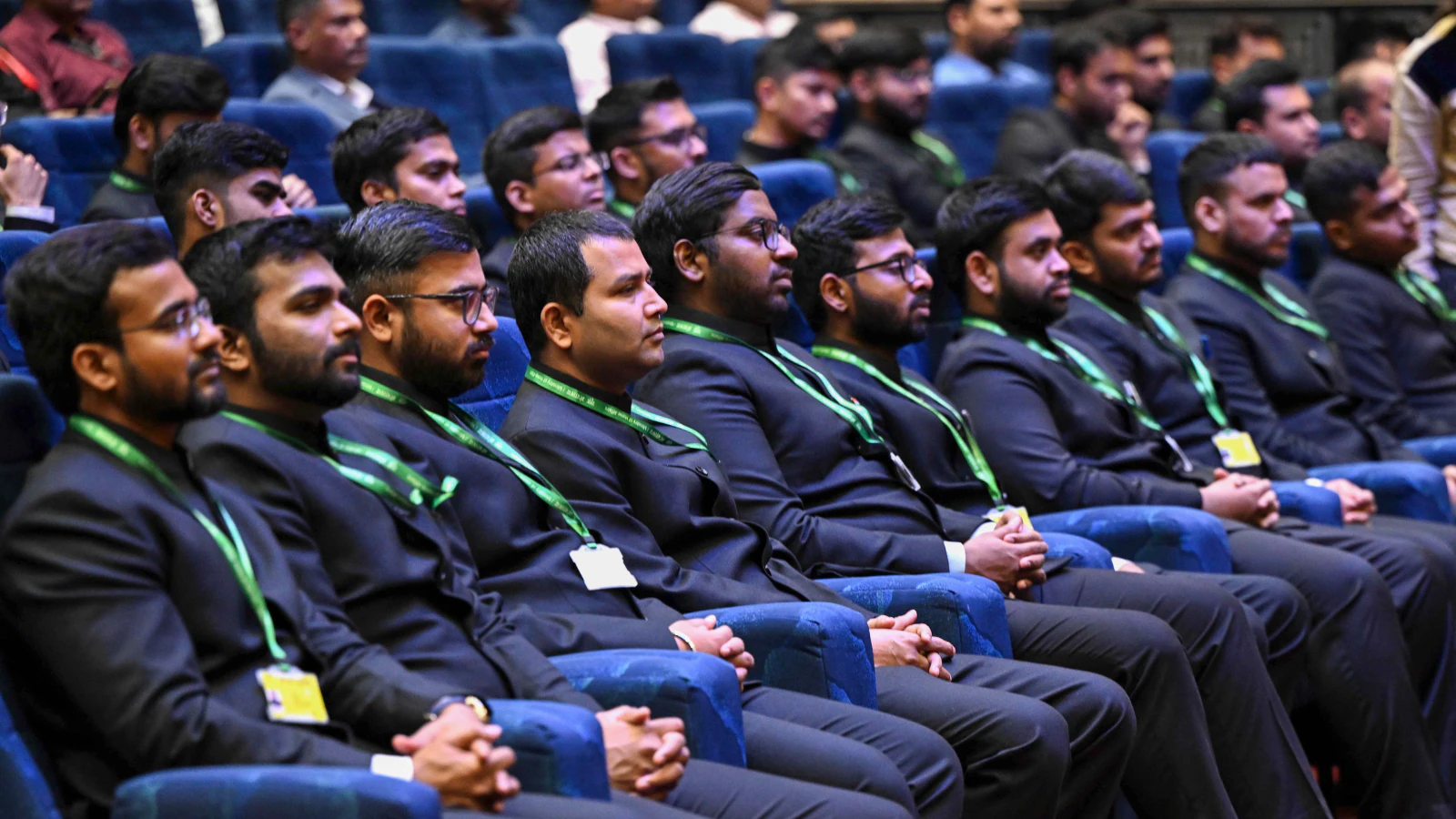By News18,Satyaki Baidya
Copyright news18

The Union Public Service Commission’s Civil Service Examination, widely regarded as India’s toughest and one of the hardest exams in the world, is the gateway to becoming an IAS officer. While clearing this exam is the traditional route, several candidates also enter the IAS through lateral entry, bypassing the UPSC Civil Service Examination.
Lateral entry is a distinctive recruitment process by the Union Public Service Commission, allowing the government to directly appoint experts from the private sector, public sector undertakings (PSUs), and academic institutions to middle and senior administrative positions.
This bypasses the traditional civil service examination process. The primary aim is to enhance governance and integrate domain-specific expertise and fresh perspectives into various ministries, an initiative recommended by the NITI Aayog.
Which IAS Posts Allow Recruitment Through Lateral Entry?
Positions filled through lateral entry include senior roles where existing civil servants may lack specialised knowledge. These typically involve appointments to key positions such as Joint Secretary, Director, and Deputy Secretary. These experts bring years of proven experience in fields like finance, agriculture, health, energy, or the digital economy.
What Is The Tenure Of An Officer Appointed Through Lateral Entry?
UPSC lateral entry appointments are usually contractual, lasting 3 to 5 years. These short-term recruitments allow the government to bring in specialised expertise and improve administrative efficiency. The system also injects fresh energy and a new work culture into the bureaucracy. However, it’s important to note that lateral entry does not grant direct entry into the Indian Administrative Service (IAS) cadre, which is possible only through the Civil Services Examination (CSE).
Becoming An IAS Via Lateral Entry
Officers appointed through lateral entry typically occupy positions such as Joint Secretary or Director, roles usually held by senior IAS officers. This allows them to enjoy IAS-level powers, protocol, pay, and allowances without clearing the Civil Services Examination, placing them directly in top decision-making roles within central government ministries. Such appointments make them “IAS-equivalent” officers rather than formally inducted IAS officers.
Selection Process For Lateral Entry Officers
The UPSC lateral entry process differs significantly from traditional recruitment. Candidates are chosen mainly based on their professional experience, achievements, and performance in interviews, with no written examination involved. This method emphasizes merit and expertise, as it directly recruits officers for senior positions. However, it has occasionally sparked debates and protests concerning social justice and reservation policies.
Posts Available Through Lateral Entry
Under lateral entry, experts are directly recruited for senior administrative positions across various ministries and departments of the Central Government, including:
Joint Secretary: Among the most senior positions, typically requiring 17-20 years of service for IAS officers.
Director: Mid-senior level roles responsible for specific policy areas, reporting directly to a Joint Secretary.
Deputy Secretary: Roles that assist in coordinating administrative and policy-making functions.
These appointments are on contracts of 3 to 5 years, depending on the candidate’s expertise.
Eligibility Criteria And Required Experience For Lateral Entry
Eligibility criteria for lateral entry are stringent, emphasising work experience and professional track record:
Educational Qualification: A bachelor’s or master’s degree in a relevant field.
Work Experience: At least 10 to 15 years in the relevant domain in the private sector, PSUs, or other organisations.
Age Limit: Typically, 40 to 55 years, subject to change depending on the advertisement.
Financial Criteria: Recent advertisements may require a certain minimum annual gross income, such as more than Rs 35 lakh per annum for the Joint Secretary level.
Selection Process And Reservation Rules
The selection process involves:
Shortlisting: Candidates are initially shortlisted based on their detailed applications, professional achievements, and relevant experience.
Interview: Final selection depends entirely on the candidate’s performance in the UPSC’s high-level interview.
Reservation: Lateral entry posts are often considered “single-post” cadres, so traditional reservation policies for SC/ST/OBC/EWS do not apply. This has made the scheme controversial, drawing political and social criticism.